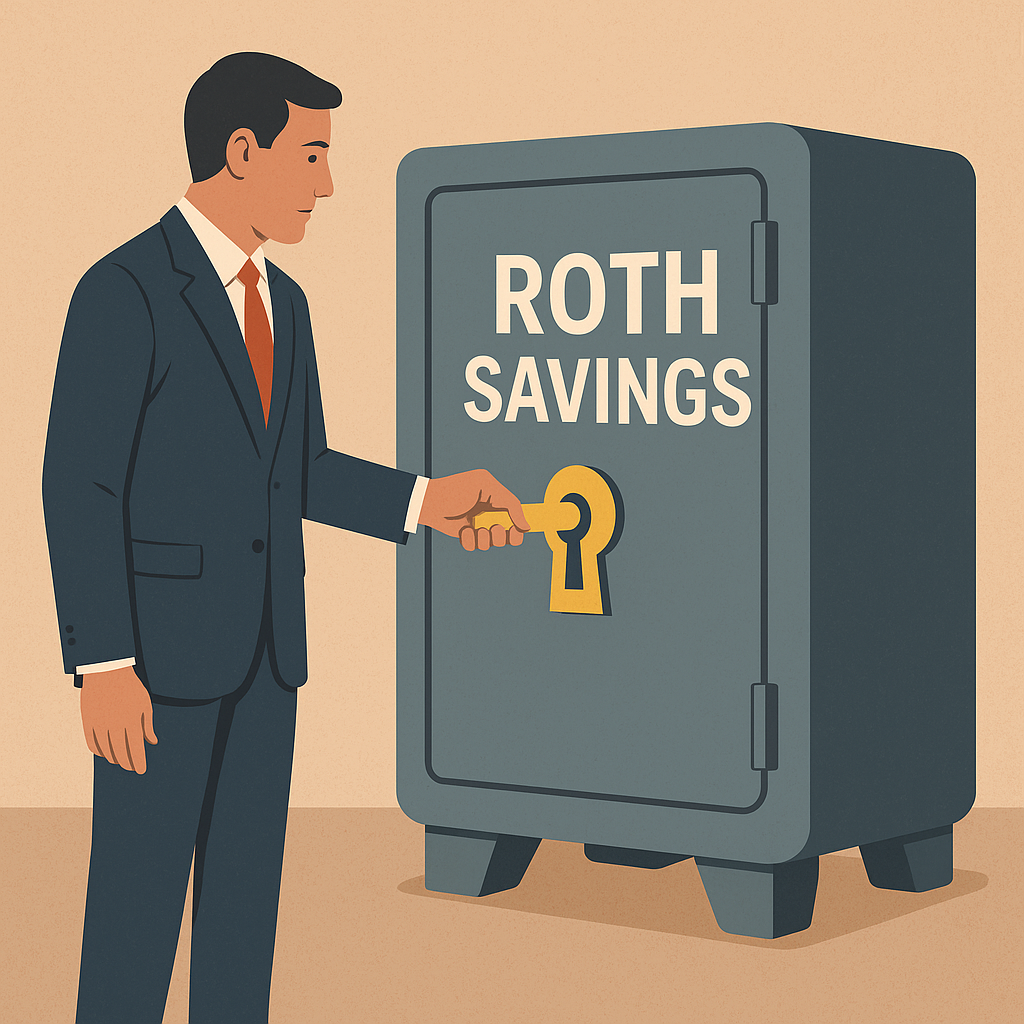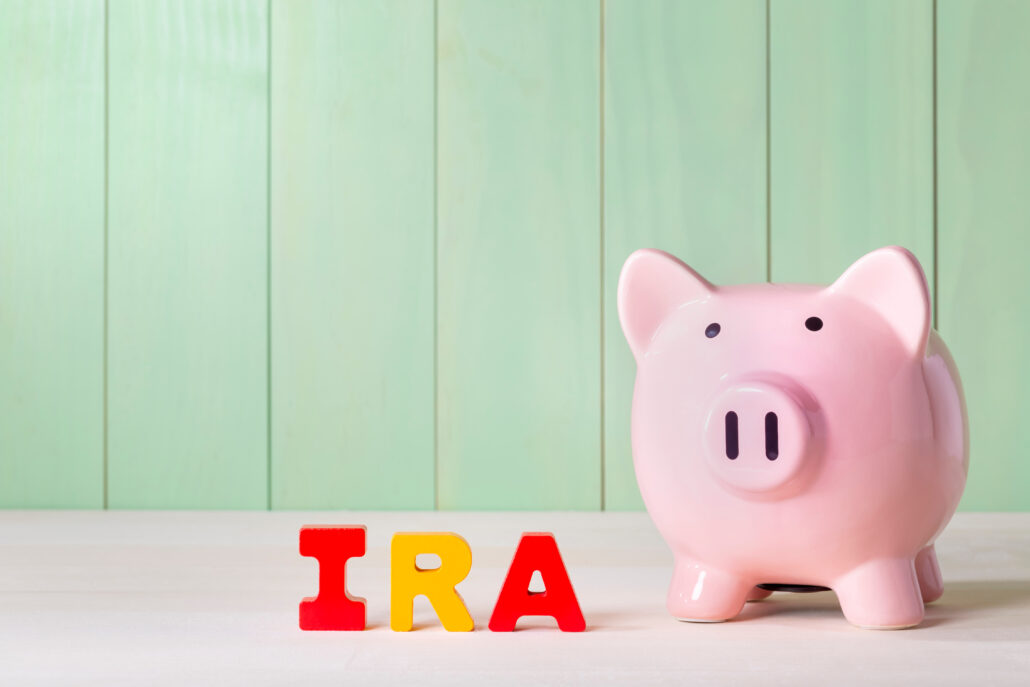Posts by David Auer
The Retirement Savings Rate That Actually Works: Tax-Smart Strategies for High Earners
How much should you be saving for retirement? The wrong percentage can derail your long-term goals. A safe, effective savings rate isn’t a guess. It’s based on math, strategy, and smart tax planning. Let’s answer the real questions: What works? What doesn’t? And how can you keep more of what you earn while building wealth?…
Read MoreWhy Retirement Plans Need Room to Breathe
Most retirement plans are built with one goal: maximize contributions. But what if that mindset is too rigid? What if by trying to optimize every tax-advantaged dollar, you’re setting yourself up for long-term inefficiencies, liquidity problems, or even unnecessary taxes? Retirement plans need room to breathe. You need flexibility—financial, strategic, and tax-related—so your savings can…
Read MoreUnlock Hidden Roth Contributions Through Your 401(k) or 403(b)
Roth IRA contribution limits are frustrating—especially when you’re a high earner. But there’s a way around it that most people miss. If your employer offers the right retirement plan, you can contribute far more than the standard Roth IRA limit—legally and efficiently. This strategy is called the Mega Backdoor Roth, and it works through your…
Read MoreStructure Your Business Properly to Significantly Lower Your Taxes
Knowing how to structure your business to save on taxes in 2025 is essential if you want to reduce your tax burden and keep more of your income. Recent changes in U.S. tax laws, such as the Tax Relief for American Families and Workers Act and the Inflation Reduction Act, have introduced new provisions…
Read MoreThe Right Way to Ask Your C or S Corporation for Travel Reimbursements
Keep these basic rules in mind when you work in and operate your business as a corporation: You are an employee of the corporation. The corporation is a legal entity separate from you. The corporation is the business. You can incur business expenses on behalf of the corporation. The corporation may reimburse you for the…
Read MoreTriple Tax Advantages: Reimburse Employee-Spouse for Health Insurance
If you are self-employed or a single-member limited liability company (LLC) taxed as a proprietorship and your spouse is your only eligible employee: Your business can reimburse your employee-spouse for the cost of health insurance, whether purchased through a public health insurance exchange or an insurance company. Your health insurance reimbursement to your employee-spouse works…
Read MoreBeware of UBIT Lurking in Your IRA—It Causes Double Taxes , 2025
When you invest in a traditional individual retirement account (IRA), you get a tax deduction for the money you put in and then pay taxes when you take the money out. Money inside the IRA grows tax-free (or tax-deferred, technically, because it’s taxable when you take it out of a traditional IRA). But here is…
Read MoreHow to Correctly Pay Yourself and Take Cash from Your Business in 2025
Many small business owners ask, “Should I put myself on the payroll?” The answer isn’t simple. Whether you are looking to maximize your qualified business income (QBI) deduction or take advantage of employee fringe benefits, incorrectly paying yourself wages can cause serious issues. In this article, we walk through the different ways the tax code…
Read MoreMaximize Tax Savings: Deduct Heavy Vehicles & Home Offices in 2025
As a small-business owner, you can set yourself up for some generous tax breaks by knowing a few vehicle and home-office deduction rules. And if you operate as other than a C corporation, you will realize the tax breaks on your personal tax return. If you operate as a C corporation, the C corporation gets…
Read MoreCan Real Estate Professional Status Free Up Old Passive Losses?
Can Real Estate Professional Status Free Up Old Passive Losses? Many tax code–defined real estate professionals wonder if they can immediately use prior passive losses once they qualify for real estate professional status. The short answer is no, and here’s why. IRC Section 469 Background IRC Section 469 limits your ability to deduct passive losses…
Read More









